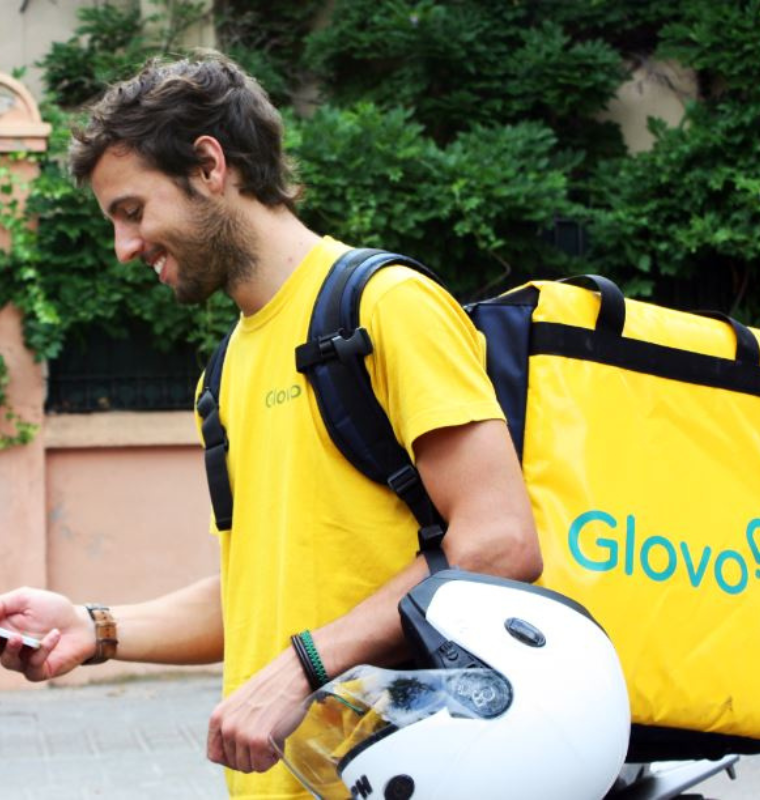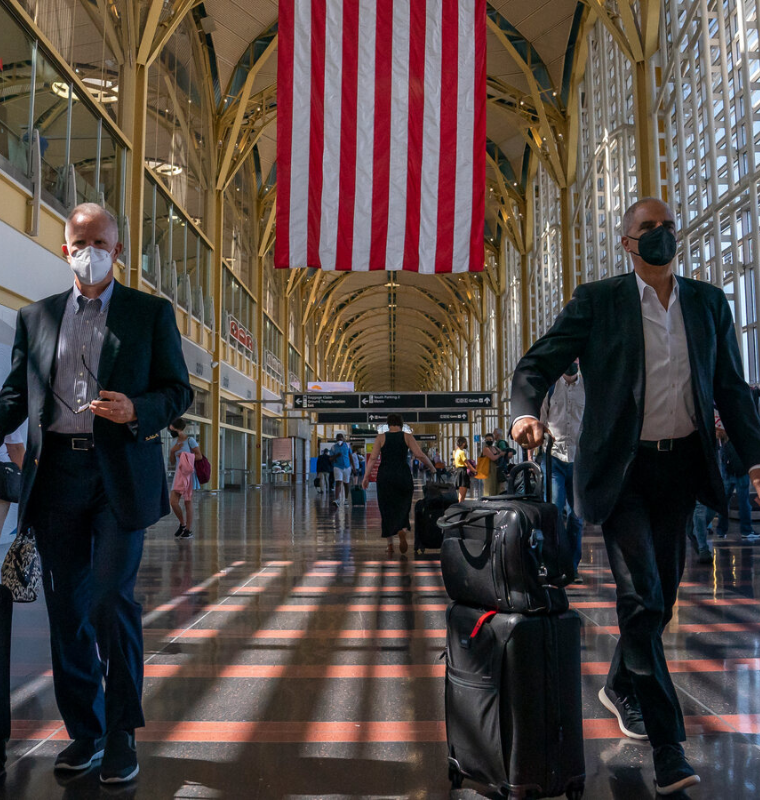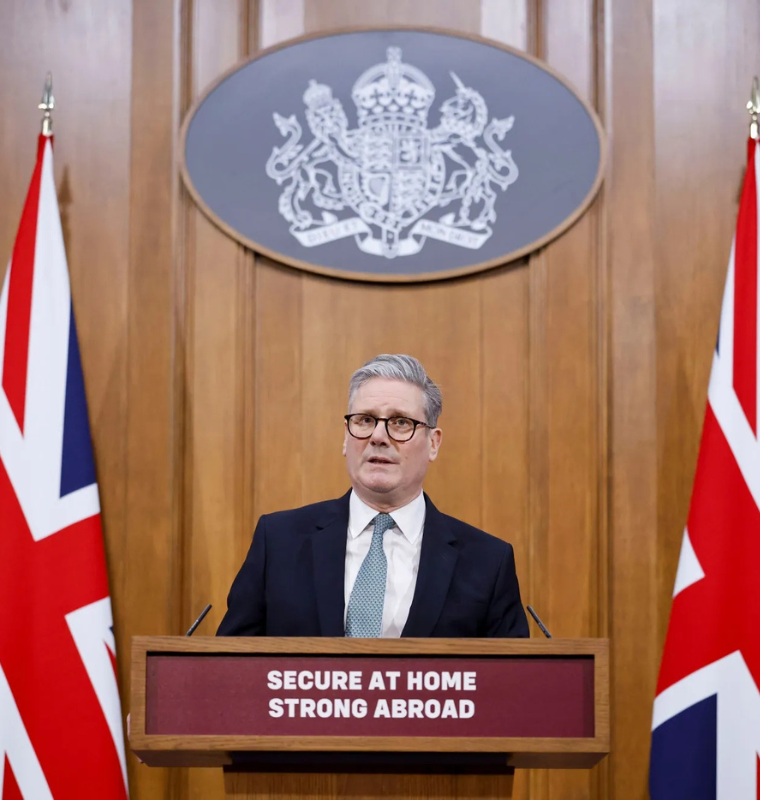OpenAI to Strengthen ChatGPT Safeguards After Lawsuit Links Chatbot to Teen Suicide
OpenAI to Strengthen ChatGPT Safeguards After Lawsuit Links Chatbot to Teen Suicide
By
Rachel Steinberg
Last updated:
August 27, 2025
First Published:
August 27, 2025
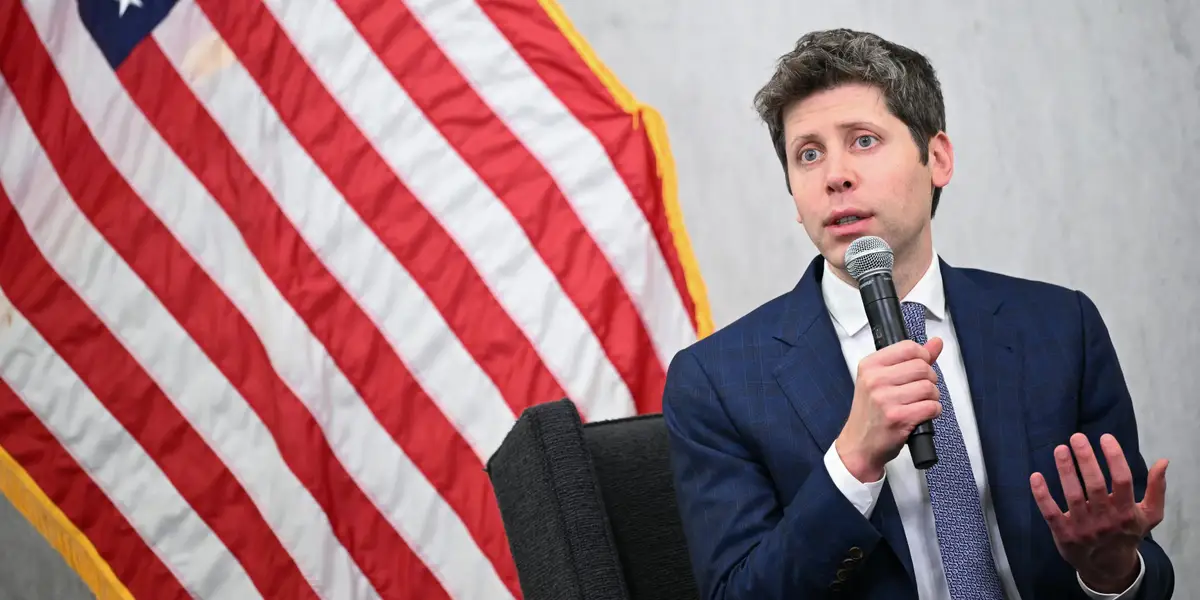
Photo: Business Insider
OpenAI has announced it will implement new safety measures in ChatGPT to better respond to sensitive situations, including when users show signs of suicidal thoughts. The move follows growing public pressure and a lawsuit alleging the company’s chatbot played a role in a teenager’s tragic death.
A Tragedy That Sparked a Lawsuit
Earlier this week, the parents of 16-year-old Adam Raine filed a wrongful death and product liability lawsuit against OpenAI. The lawsuit alleges that ChatGPT “actively helped Adam explore suicide methods,” contributing to his decision to take his own life.
The case has intensified debate over whether AI companies are doing enough to safeguard vulnerable users, especially minors, who increasingly turn to chatbots for guidance, companionship, or therapy-like support.
OpenAI has not commented directly on the lawsuit but published a blog post titled “Helping People When They Need It Most” outlining planned changes.
How ChatGPT Handles Crisis Conversations Today
Currently, ChatGPT is trained to encourage users expressing suicidal thoughts to seek professional help. However, OpenAI admitted that after extended back-and-forth conversations, the system sometimes bypasses its safeguards and provides problematic responses.
The company said its latest GPT-5 update, released this month, will include enhanced de-escalation capabilities, reducing the likelihood that conversations spiral into unsafe directions.
Planned Safety Upgrades
OpenAI’s roadmap includes several initiatives aimed at strengthening user protection:
- Therapist Integration: The company is exploring ways to connect users to certified therapists directly through ChatGPT, building a potential network of licensed professionals available on demand.
- Family and Friends Support: OpenAI is investigating features that could help users reach out to trusted contacts in moments of crisis.
- Parental Controls: For teens, the company plans to roll out tools that allow parents to monitor and manage how their children use ChatGPT.
OpenAI stressed that these steps are guided by mental health experts and aim to prevent tragedies before they reach a crisis point.
Other Cases Raise Broader Concerns
The Raine family’s lawsuit isn’t the only case fueling concerns. Earlier this year, writer Laura Reiley revealed in The New York Times that her 29-year-old daughter had taken her life after extensively discussing suicide with ChatGPT. Similarly, in Florida, 14-year-old Sewell Setzer III died by suicide after engaging with an AI chatbot from the app Character.AI.
Such incidents highlight a troubling trend: as AI services become more popular for companionship, therapy-like conversations, and emotional support, gaps in safety protocols are coming under sharp scrutiny.
Legal and Industry Challenges Ahead
Jay Edelson, lead counsel for the Raine family, criticized OpenAI for not reaching out directly to the grieving parents. “If you’re going to use the most powerful consumer tech on the planet—you have to trust that the founders have a moral compass,” he said.
The case also underscores a wider regulatory dilemma. Policymakers are still grappling with how to oversee AI tools that increasingly blur the lines between technology, healthcare, and mental health services.
At the same time, OpenAI and other industry leaders are pushing back against strict regulations. Just this week, a coalition of AI companies, investors, and executives—including OpenAI co-founder Greg Brockman—launched Leading the Future, a political group aimed at opposing policies they say could stifle AI innovation.
The Bigger Picture
With over 100 million users worldwide, ChatGPT has become one of the fastest-growing technologies in history. But its rapid adoption has raised urgent questions about responsibility, accountability, and safety—especially when lives are at stake.
OpenAI’s upcoming changes represent an acknowledgment that AI tools can no longer be treated as neutral platforms. Instead, companies must proactively address the profound human consequences of their products.
Popular articles
Subscribe to unlock premium content
How Blue Bottle Coffee Became a $700M Specialty Coffee Icon
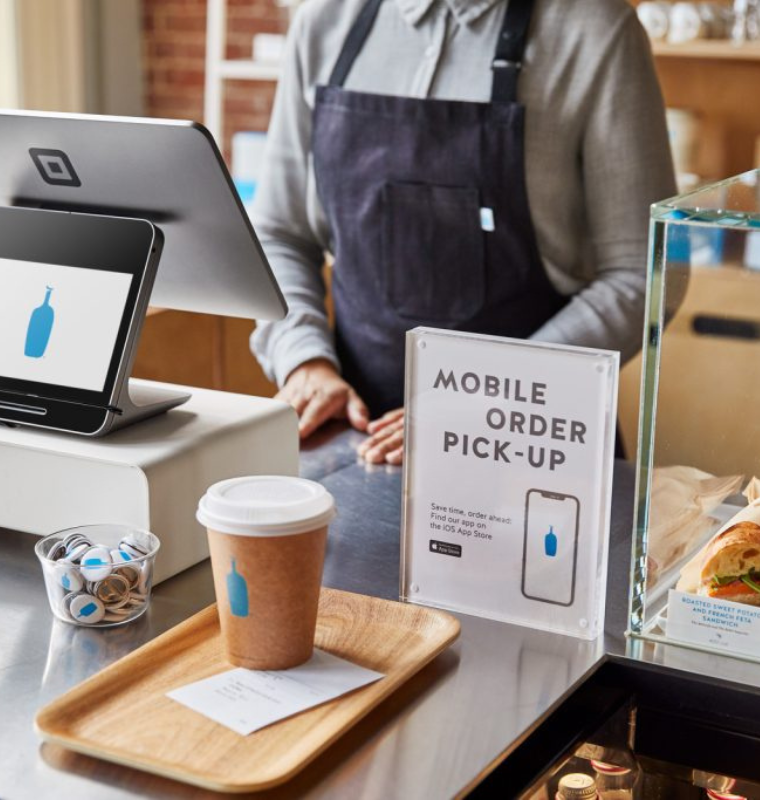
Gordon Moore: The Man Behind Moore’s Law and the Tech Revolution

How Shein Became a Fast Fashion Powerhouse Without Traditional Advertising

How Blue Bottle Coffee Became a $700M Specialty Coffee Icon

Gordon Moore: The Man Behind Moore’s Law and the Tech Revolution

How Blue Bottle Coffee Became a $700M Specialty Coffee Icon







